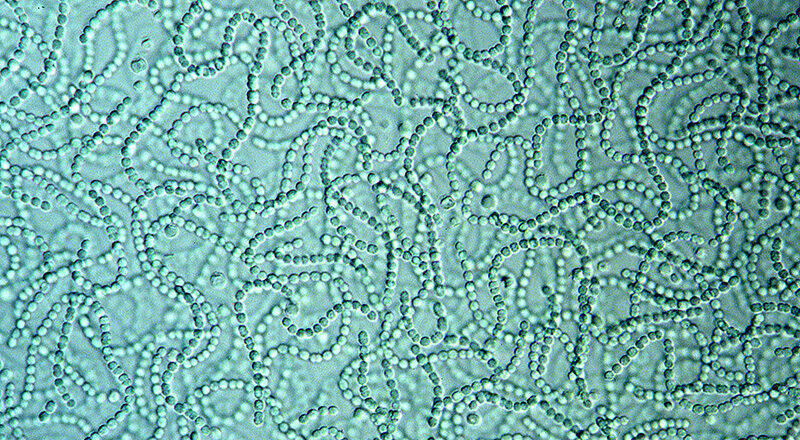
Study Spotlight #8: Phycocyanin activates CB2 receptor sites
Cyanobacteria, commonly known as blue-green algae, are the most primitive photosynthetic organisms on our planet. Phycocyanin (PC) is a pigment and photosynthetic assistant protein typically isolated from blue-green algae (e.g., spirulina).
According to the FDA, phycocyanin is non-toxic and safe to consume. It is classified as GRAS, “globally recognized as safe,” and is commonly used as a food and coloring additive.
For instance, PC has demonstrated diverse pharmacological effects, including anti-inflammatory, anti-proliferative, neuro-, and live-protective properties. In addition, research trends suggest that the diverse therapeutic potential of PC may find clinical relevance in the treatment of chronic conditions that share an underlying pathology of inflammation and oxidative stress, including cardiovascular, lung, liver, skin, cerebrovascular, wound healing, and cancer, for example.
Research (2022) has shown that PC is part of the eCBome because it can modulate CB2 receptor sites.
El-Maadawy WH, Hafiz E, Okasha H, Osman NA, Ali GH, Hussein RA. Phycocyanin stimulates ulcerative colitis healing via selective activation of cannabinoid receptor-2, intestinal mucosal healing, Treg accumulation, and p38MAPK/MK2 signaling inhibition. Life Sci. 2022 Sep 15;305:120741. https://pubmed.ncbi.nlm.nih.gov/35777583/

